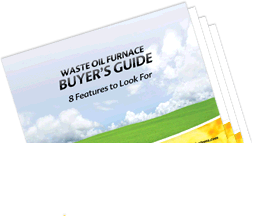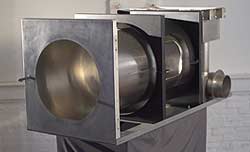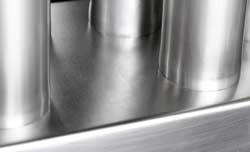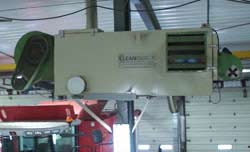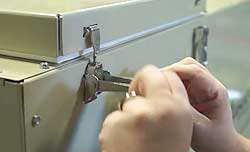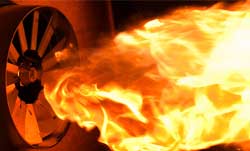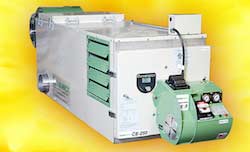Eight Substances You Should Never Use In Your Waste Oil Furnace
Waste oil furnaces can burn a variety of used petroleum products to produce free heat for businesses of all sizes. If you have an auto repair shop, car dealership, farm, trucking company, or other company that generates its own supply of used oil, a waste oil furnace is an investment that can save you a lot of money on your energy costs. Depending on how you generate your heat now, converting to waste oil heating could save you up to $5 for every gallon of waste oil burned.
While you have a lot of options to use as fuel in your waste oil furnace, there are some substances you should NEVER use in your heater.
For example, in Clean Energy Heating Systems furnaces the following materials might cause damage and create an unsafe environment—and using them will immediately void your furnace’s warranty.
- Anti-freeze
- Carburetor cleaner
- Paint thinner
- Parts washer and/or solvents
- Gasoline
- Chlorinated solvents
- Any other inappropriate or hazardous materials
Conversely, you CAN use the following substances in our waste oil furnaces:
- #2 fuel oil
- Used crankcase oil (up to 50 SAE)
- Used hydraulic oil
- Used automatic transmission fluid
As you can see, you have plenty of approved options, so there’s no reason to risk disaster by mixing unapproved materials in your oil supply. Take time to educate your employees so they know what can and can’t be used in your waste oil furnace. And always consult your furnace’s owner’s manual for information specific to the type of equipment you have at your location. Different manufacturers might have different instructions.
At Clean Energy Heating Systems, we’ve engineered our waste oil furnaces and waste oil boilers to give you optimal energy efficiency and performance when burning approved materials—or any combination of them—in your equipment. If you have any questions about what you can or can’t use, contact us today. And if you haven’t yet converted to waste oil heat, call us to help you assess the benefits to your business.

